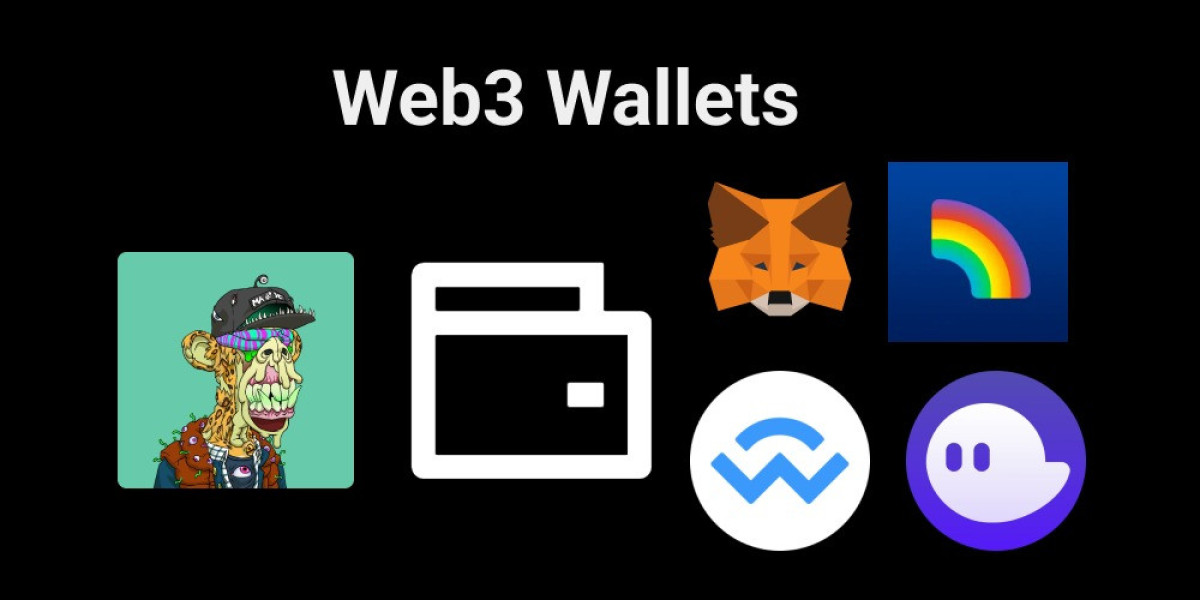In the evolving landscape of digital technologies, Web3 wallets have emerged as a cornerstone of the decentralized economy. As blockchain technology continues to reshape industries, understanding the role and functionality of Web3 wallets becomes essential for navigating this new era of digital ownership and autonomy. In this article, we delve into what Web3 wallets are, how they work, and why they are vital for interacting with decentralized applications (dApps).
What is a Web3 Wallet?
A Web3 wallet is a digital tool that allows users to store, manage, and interact with cryptocurrencies and decentralized applications on the blockchain. Unlike traditional wallets, Web3 wallets are designed for a decentralized ecosystem, enabling users to connect seamlessly with platforms that leverage blockchain technology. These wallets provide a unique public and private key pair, ensuring secure transactions and granting full ownership of digital assets.
Key Features of Web3 Wallets
Decentralization: Web3 wallets operate on decentralized networks, ensuring users retain full control of their assets without reliance on centralized intermediaries.
Multi-Asset Support: Many Web3 wallets support various cryptocurrencies and tokens, making them versatile tools for managing diverse portfolios.
Compatibility with dApps: Web3 wallets act as a bridge to decentralized applications, enabling users to engage in activities such as trading NFTs, staking tokens, or participating in DeFi protocols.
Enhanced Security: By leveraging blockchain’s cryptographic principles, Web3 wallets offer robust security features, including private key encryption and seed phrases for recovery.
User Ownership: Unlike traditional financial systems, Web3 wallets ensure users own and control their data and assets, eliminating the need for third-party custodians.
How Does a Web3 Wallet Work?
Web3 wallets function through blockchain networks, facilitating transactions and interactions with smart contracts. When a user initiates a transaction, the wallet creates a digital signature using the private key. This signature verifies the transaction’s authenticity without exposing the private key itself. Additionally, Web3 wallets interact with dApps through Web3.js or similar frameworks, enabling seamless integration with decentralized platforms.
Types of Web3 Wallets
Browser-Based Wallets: Examples include MetaMask and Phantom, which operate as browser extensions, offering convenience and easy access to dApps.
Mobile Wallets: Apps like Trust Wallet and Rainbow provide mobile-friendly interfaces, catering to on-the-go users.
Hardware Wallets: Devices like Ledger and Trezor prioritize security by storing private keys offline, protecting them from potential online threats.
Desktop Wallets: Software applications like Exodus and Atomic Wallet offer a balance of functionality and security for desktop users.
Why Web3 Wallets Are Vital for the Future
Web3 wallets are integral to the broader adoption of blockchain technology and the growth of decentralized ecosystems. They empower individuals with financial sovereignty, enabling participation in activities that were once confined to centralized entities. From buying NFTs to engaging in decentralized finance (DeFi) platforms, Web3 wallets serve as an essential gateway to the Web3 universe.
How to Choose the Right Web3 Wallet
When selecting a Web3 wallet, consider the following factors:
Security Features: Look for wallets with strong encryption, multi-factor authentication, and offline storage options.
Compatibility: Ensure the wallet supports the blockchain networks and dApps you intend to use.
User Interface: Opt for wallets with intuitive and user-friendly interfaces, especially if you’re new to blockchain technology.
Community Trust: Research the wallet’s reputation within the crypto community and verify its legitimacy.
Conclusion
Web3 wallets represent a fundamental shift towards a decentralized digital economy, offering users unprecedented control over their assets and interactions. As blockchain technology continues to evolve, Web3 wallets will play a pivotal role in shaping how individuals and businesses engage with decentralized ecosystems. For those looking to dive into this transformative space, choosing the right Web3 wallet is the first step towards unlocking the full potential of Web3.
For more insights and resources on Web3 wallets and blockchain technology, visit Plurality Network.








